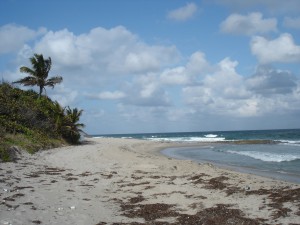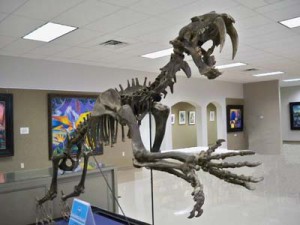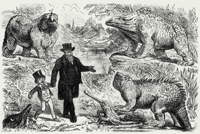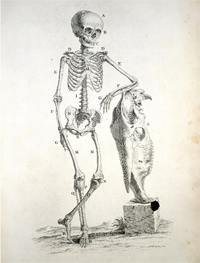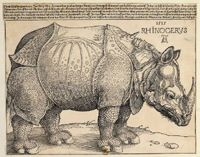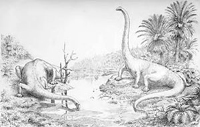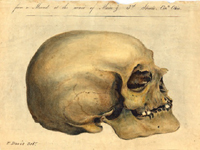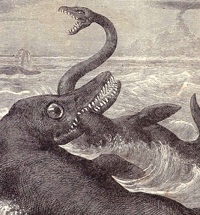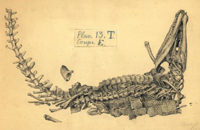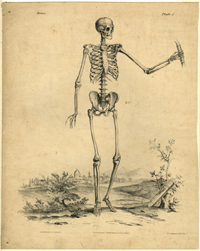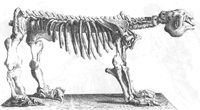The waters of Florida are well-known as a graveyard for wrecks. From Native American canoes and Spanish galleons, to eighteenth-century warships and World War II planes, we have it all. It is easy to forget that the entire eastern seaboard was, and still is, a major shipping route.
Associated Press: “Shipwreck found off North Carolina, possibly from late 1700s”
Shipwrecks, when excavated by properly trained archaeologists, are fascinating time capsules that represent a real slice of a particular time period. If this is an undisturbed eighteenth-century wreck, then there is so much to be learned.

